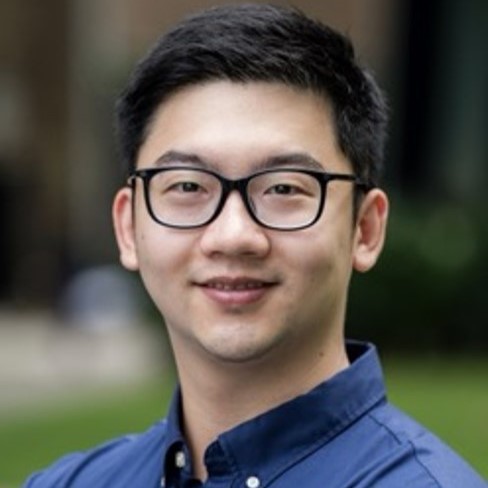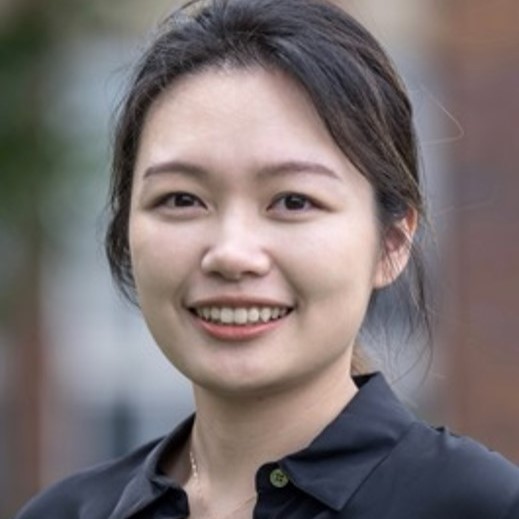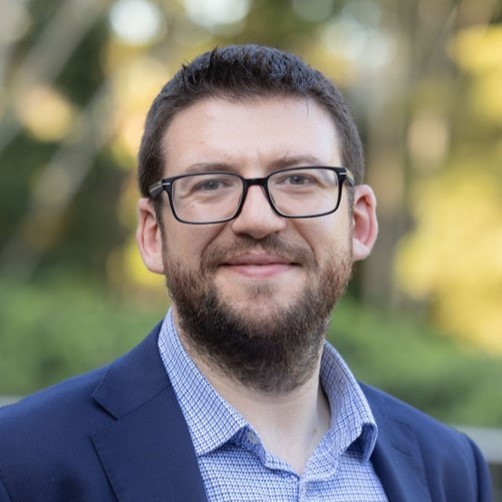Tutorial 1
26 Nov 2025, 09:00 - 12:00 | MR110A
"Converter-Driven Stability Issues and Solutions in Power Electronics Defined Power Systems"
Synopsis
The increasing penetration of inverted based resources (IBRs) and the retirement of synchronous generators (SGs) are leading to rapid transformations in global power systems. As power electronics converters are widely applied across power generation, transmission, and distribution, power systems face unprecedented stability challenges. Compared with the conventional power system stability issues, IBR driven stability issues pose new technical challenges due to the fast dynamics and limited overcurrent capabilities of power electronics converters. On one hand, control interactions between IBRs or between IBRs and other power system devices can cause harmonic oscillations across a wide frequency range. On the other, maintaining grid voltage stiffness becomes challenging when SGs are replaced with power electronics converters due to the limited overcurrent capabilities of power semiconductors. Consequently, power systems are becoming more susceptible to contingencies resulting from reduced grid strength, low inertia and high rates of change of frequency (RoCoF). These converter-driven stability issues should be properly identified and addressed to facilitate the transition toward power electronics defined power systems. This tutorial aims at introducing the power electronics converter driven stability issues through developing effective analysis methods to facilitate system stability demonstration and designing advanced control methods of power converters for stability enhancement. Both small-signal and large-signal stability of power electronics defined power systems will be covered.

Dr. Shan Jiang
Postdoctoral Fellow
UNSW Sydney
Speaker
Shan Jiang received the BSc(Eng) and MEng degrees in electrical engineering from Shanghai Jiao Tong University, Shanghai, China, in 2017 and 2020, respectively, and the PhD degree in electrical engineering from UNSW Sydney, Australia, in 2025. He is working as a Postdoctoral Fellow at UNSW Sydney, Sydney, NSW, Australia. He is the member of IEEE IAS Renewable and Sustainable Energy Conversion Systems Committee and the NGN member of CIGRE Australia. He has published 17 IEEE Transaction papers, with 11 of them as the first author. His current research interests include control design of power converters, and stability analysis of power electronics defined power systems.

Dr. Ye Zhu
Assistant Professor, ShanghaiTech University.
Speaker
Ye Zhu received the BSc (Eng) and MEng degrees in electrical engineering from Shanghai Jiao Tong University, Shanghai, China, in 2017 and 2020, respectively, and the PhD degree in electrical engineering from UNSW Sydney, Australia, in 2025. She was a Postdoctoral Fellow with School of Electrical Engineering and Telecommunications, UNSW Sydney, Australia, in 2025. Since September 2025, she has been with the School of Information Science and Technology, ShanghaiTech University, Shanghai, where she is currently an Assistant Professor. Her research interests include modeling, control and stability analysis of modular multilevel converters.

Assoc. Prof. Georgios Konstantinou
Associate Professor leading the real-time simulations laboratory (RTS@UNSW), UNSW Sydney
Speaker
Georgios Konstantinou received the B.Eng. degree in Electrical and Computer Engineering from the Aristotle University of Thessaloniki, Thessaloniki, Greece, in 2007 and the Ph.D. degree in Electrical Engineering from UNSW Sydney (The University of New South Wales), Australia, in 2012. He is currently an Associate Professor leading the real-time simulations laboratory (RTS@UNSW) at UNSW Sydney and an ARC Future Fellow. His main research interests include multilevel converters, power electronics in HVDC, renewable energy and energy storage applications. He is an Associate Editor for IEEE Transactions on Power Electronics.